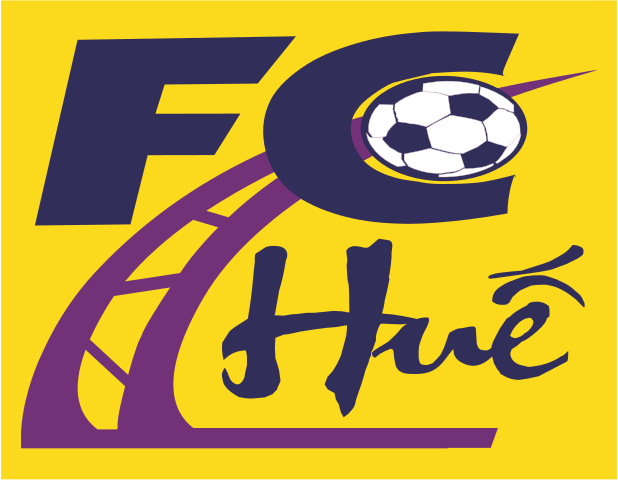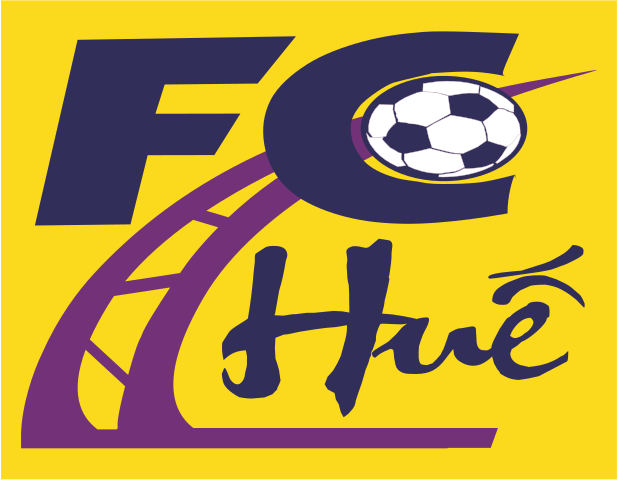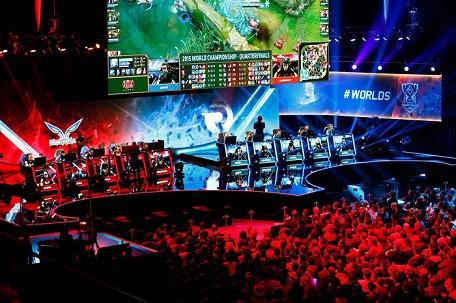The trajectory of Esports Market Growth is being propelled by a powerful combination of cultural shifts, technological advancements, and increasing commercial validation. As a digitally native form of entertainment, esports is perfectly positioned to capture the attention and engagement of a new generation of consumers. Its expansion is not a temporary surge but a sustained, long-term trend driven by deep-seated factors that are fundamentally reshaping the media and sports landscapes. The momentum behind this sector remains exceptionally strong, with market projections indicating that the industry will continue its impressive expansion, supported by an anticipated compound annual growth rate of 13.93% throughout the 2025-2035 forecast period, making it a standout performer in the global entertainment market.
A primary engine of this market growth is the continued professionalization and structural maturation of the industry. The move towards franchised leagues, particularly in North America, has been a game-changer. In these models, teams pay a substantial fee for a permanent, non-relegatable spot in a league, similar to major North American sports leagues like the NFL or NBA. This structure provides long-term stability for team owners, encouraging greater investment in players, facilities, and local marketing. It also creates a more predictable and premium product for broadcasters and sponsors. This increasing structural sophistication, along with the establishment of player associations and the development of collegiate esports programs that create a clear path to a professional career, is a key factor driving the industry's legitimacy and long-term growth.
The explosive rise of mobile esports is another critical growth accelerator, dramatically expanding the market's global reach. While PC and console esports have traditionally dominated the scene, mobile gaming is now the largest segment of the overall video game market, with billions of players worldwide. Competitive mobile titles like PUBG Mobile, Arena of Valor, and Mobile Legends: Bang Bang have cultivated massive esports ecosystems, particularly in emerging markets across Southeast Asia, India, and Latin America where mobile is the primary gaming platform. This trend is democratizing esports, making it accessible to a far broader audience and creating a massive new pool of potential players and viewers, thus supercharging the overall market growth on a global scale.
Furthermore, the increasing crossover and integration with mainstream culture are fueling growth by broadening the audience base. Esports is no longer a siloed community. Major celebrities, musicians, and traditional sports athletes are becoming team owners, investors, and brand ambassadors, bringing their mainstream followers with them. Esports events are being integrated into major international multi-sport competitions like the Asian Games, and there is ongoing discussion about its potential inclusion in the Olympics. This growing cultural acceptance and validation on the world stage helps to break down old stereotypes, attracts new and more casual viewers, and solidifies esports' position as a legitimate and compelling form of global sporting entertainment, ensuring its continued expansion for years to come.
Explore Our Latest Trending Reports:



